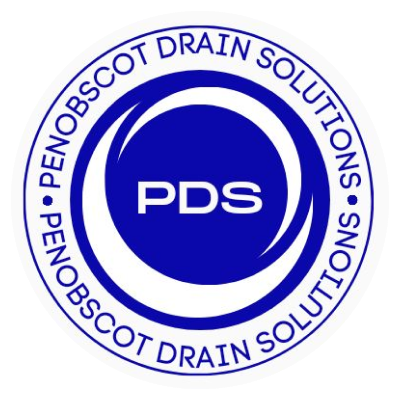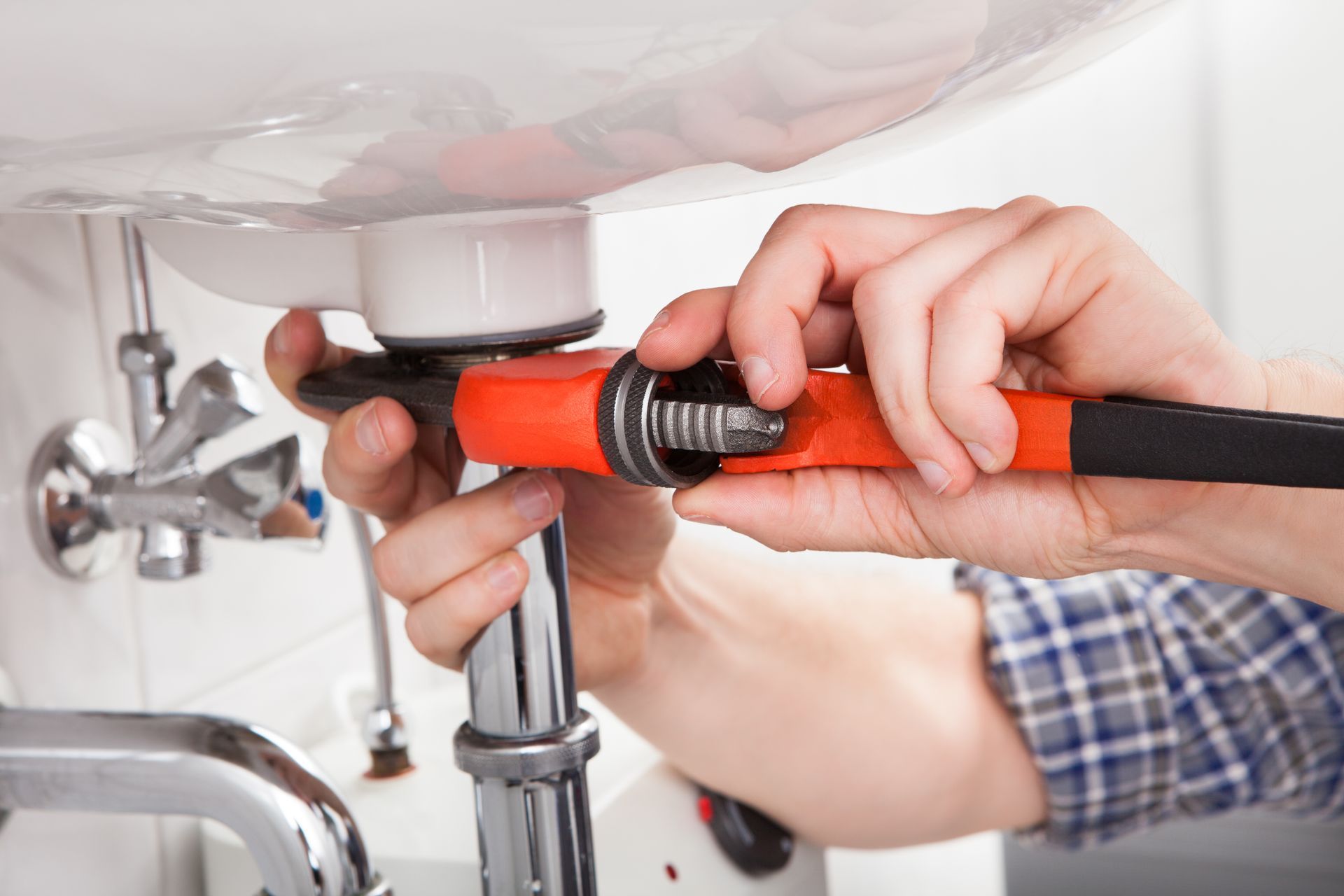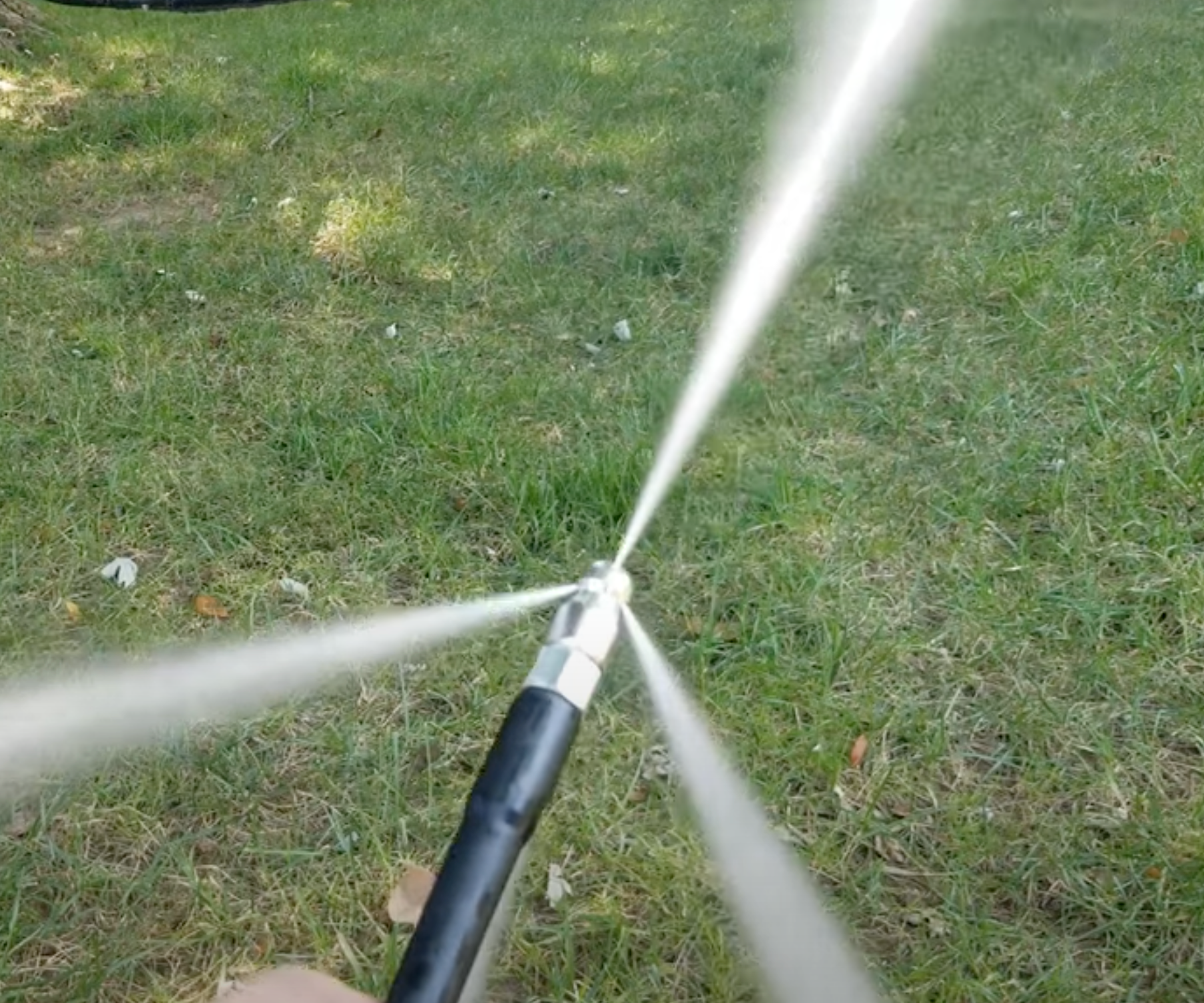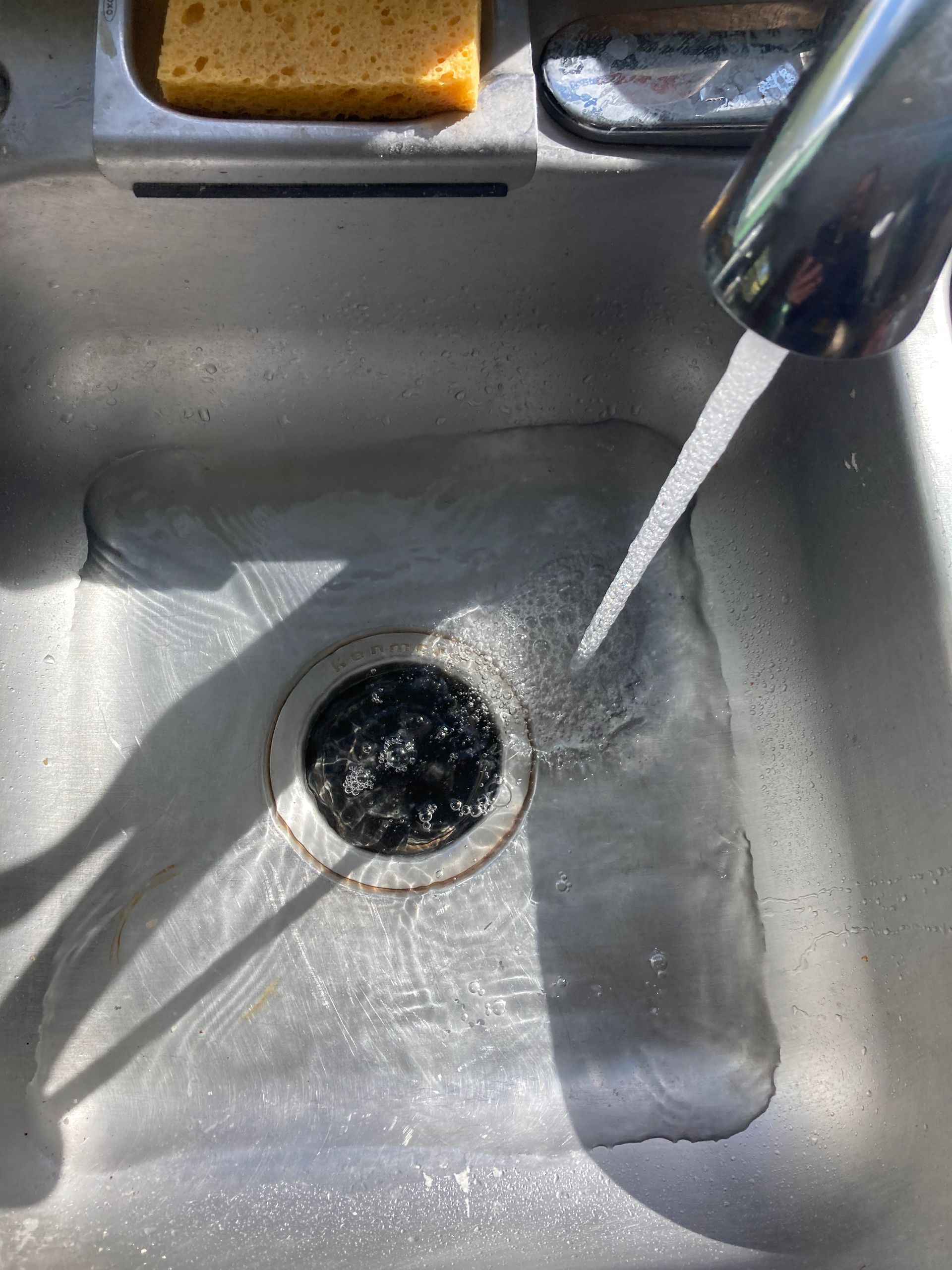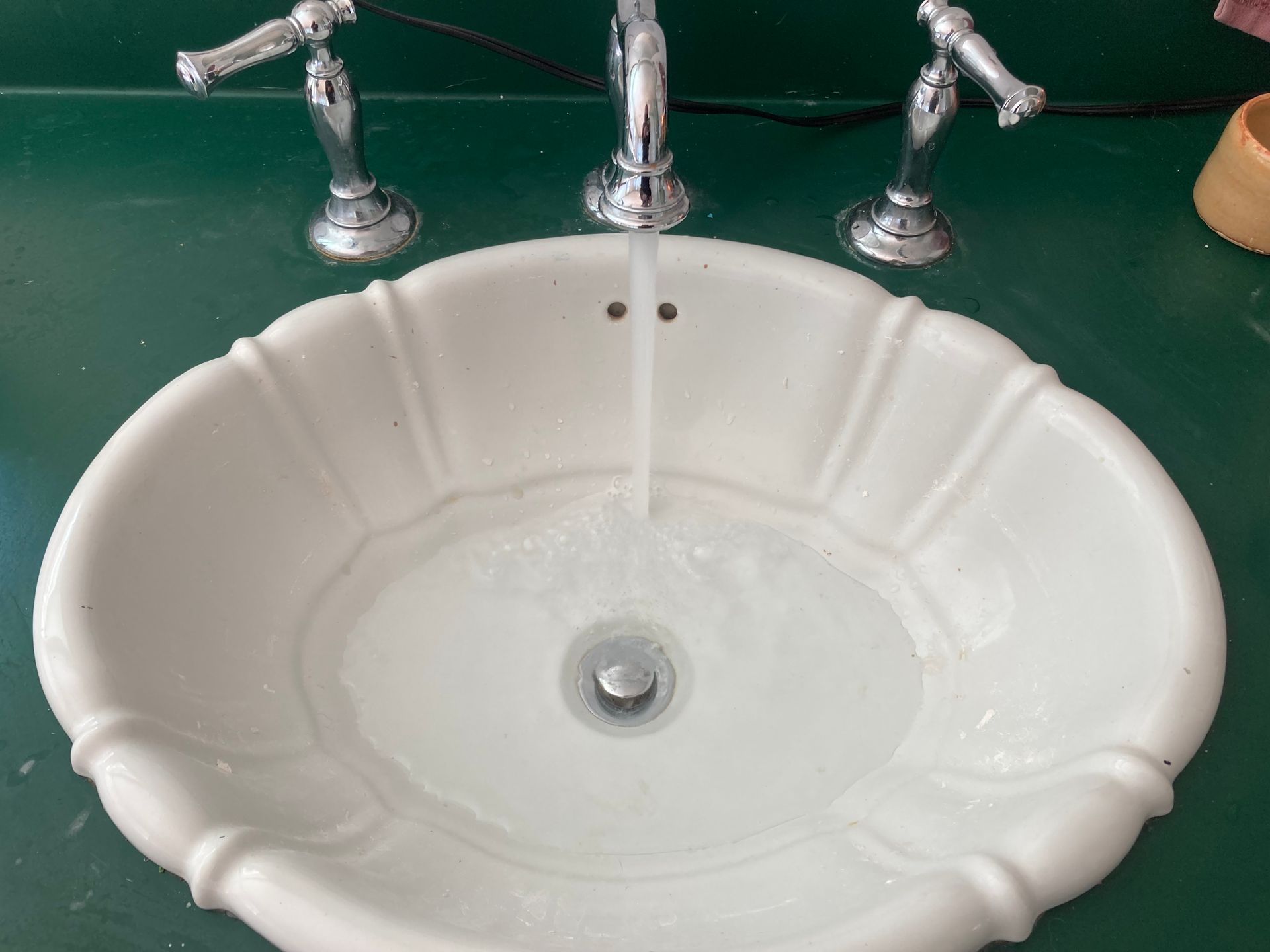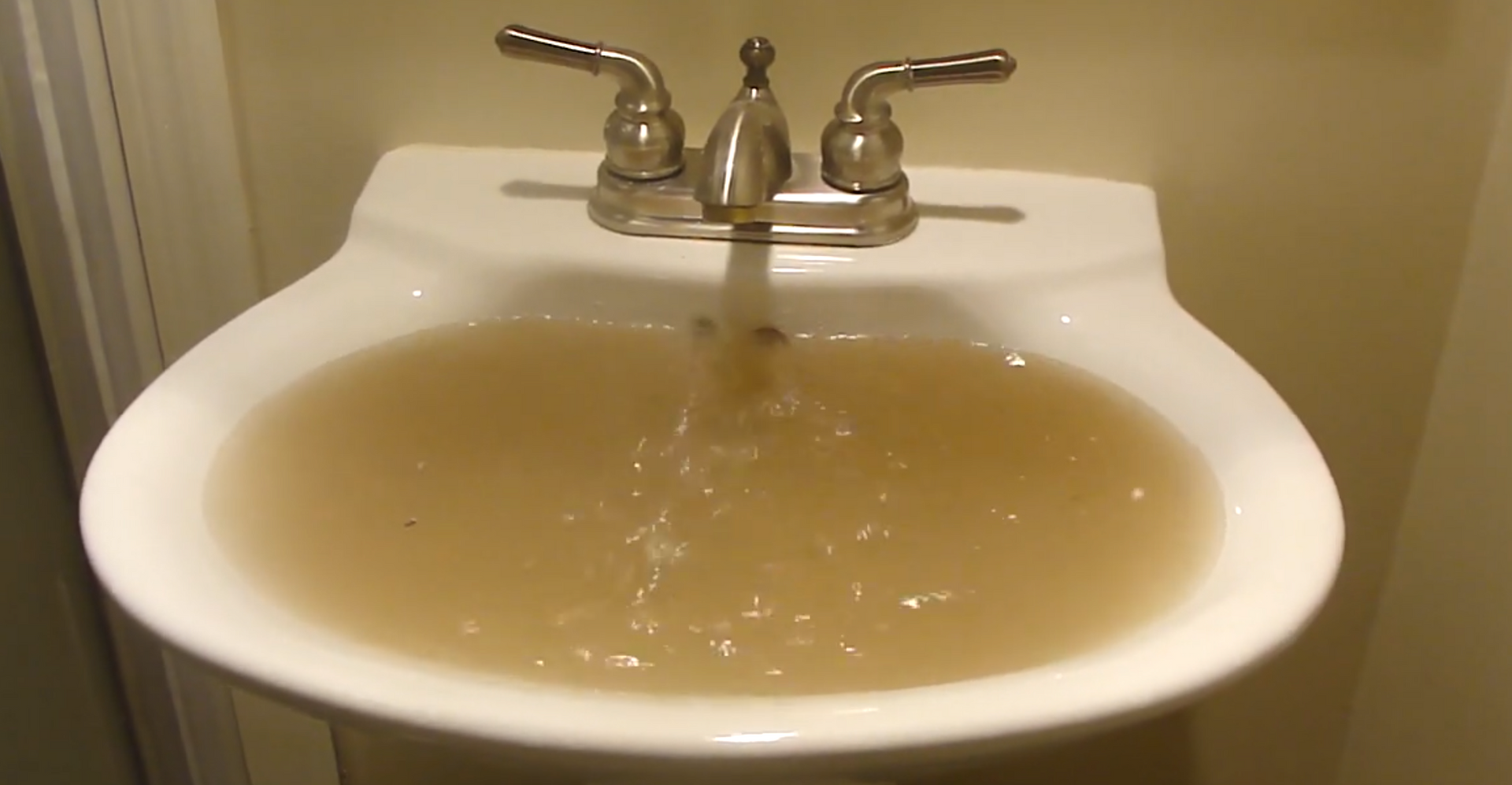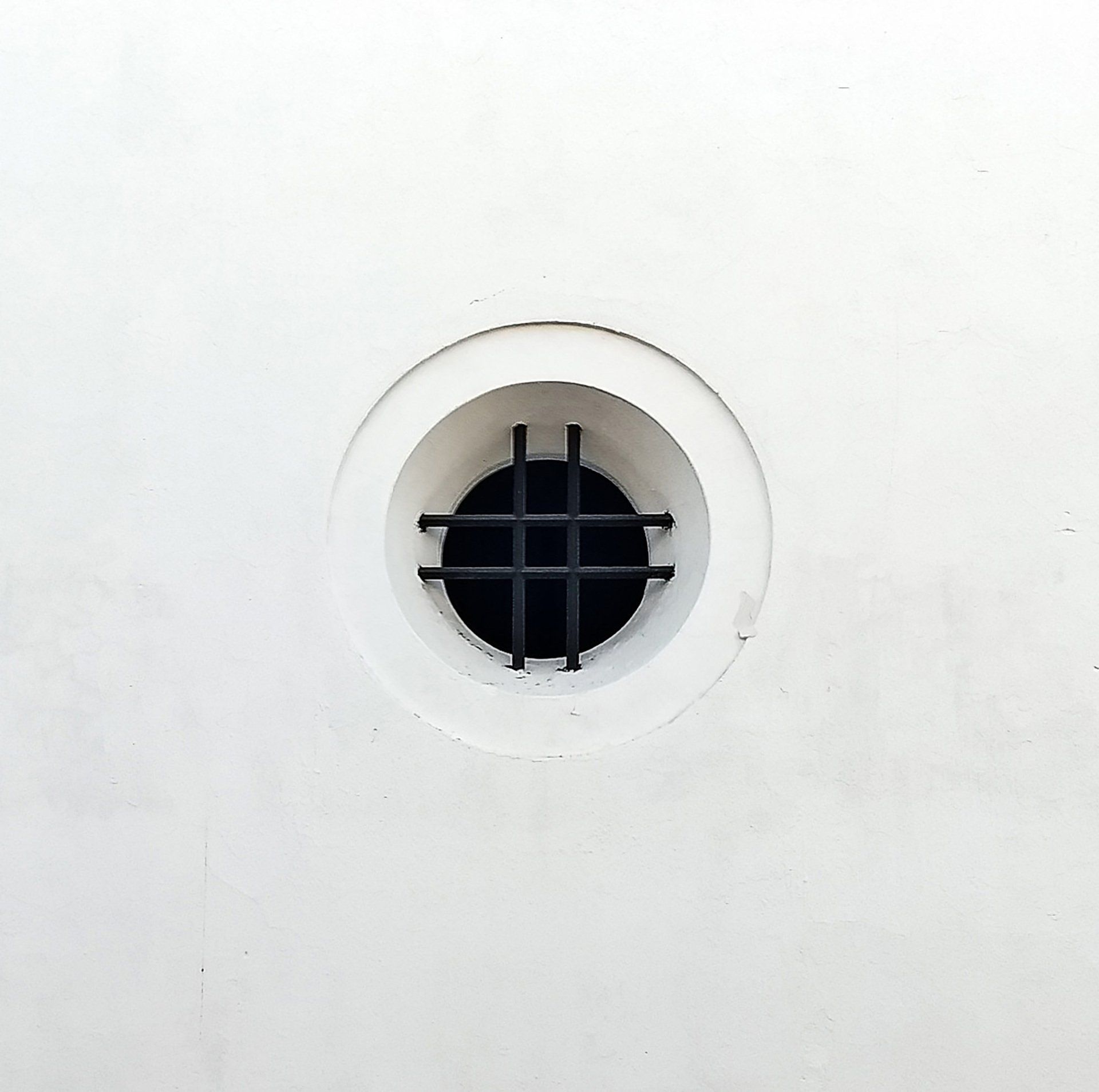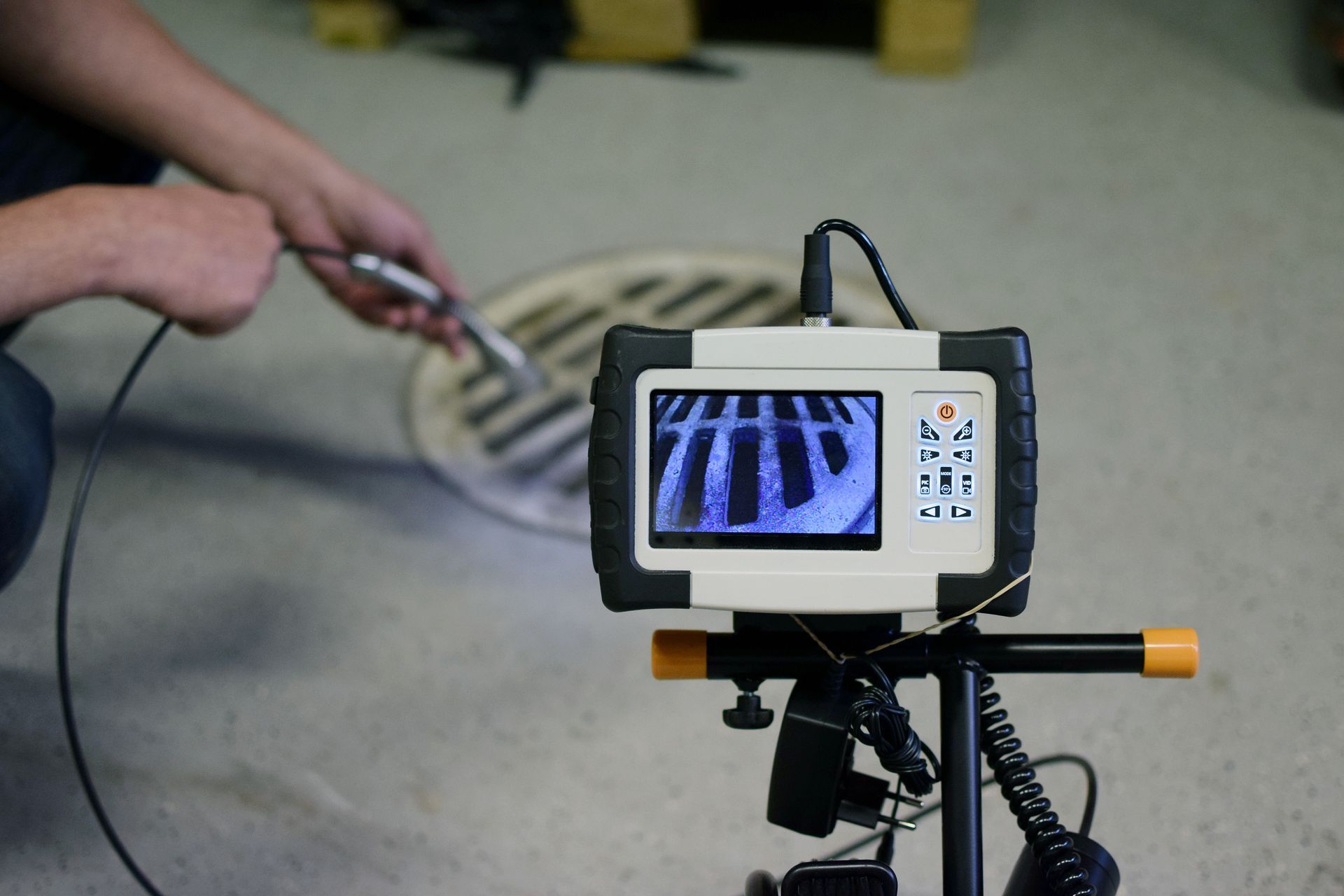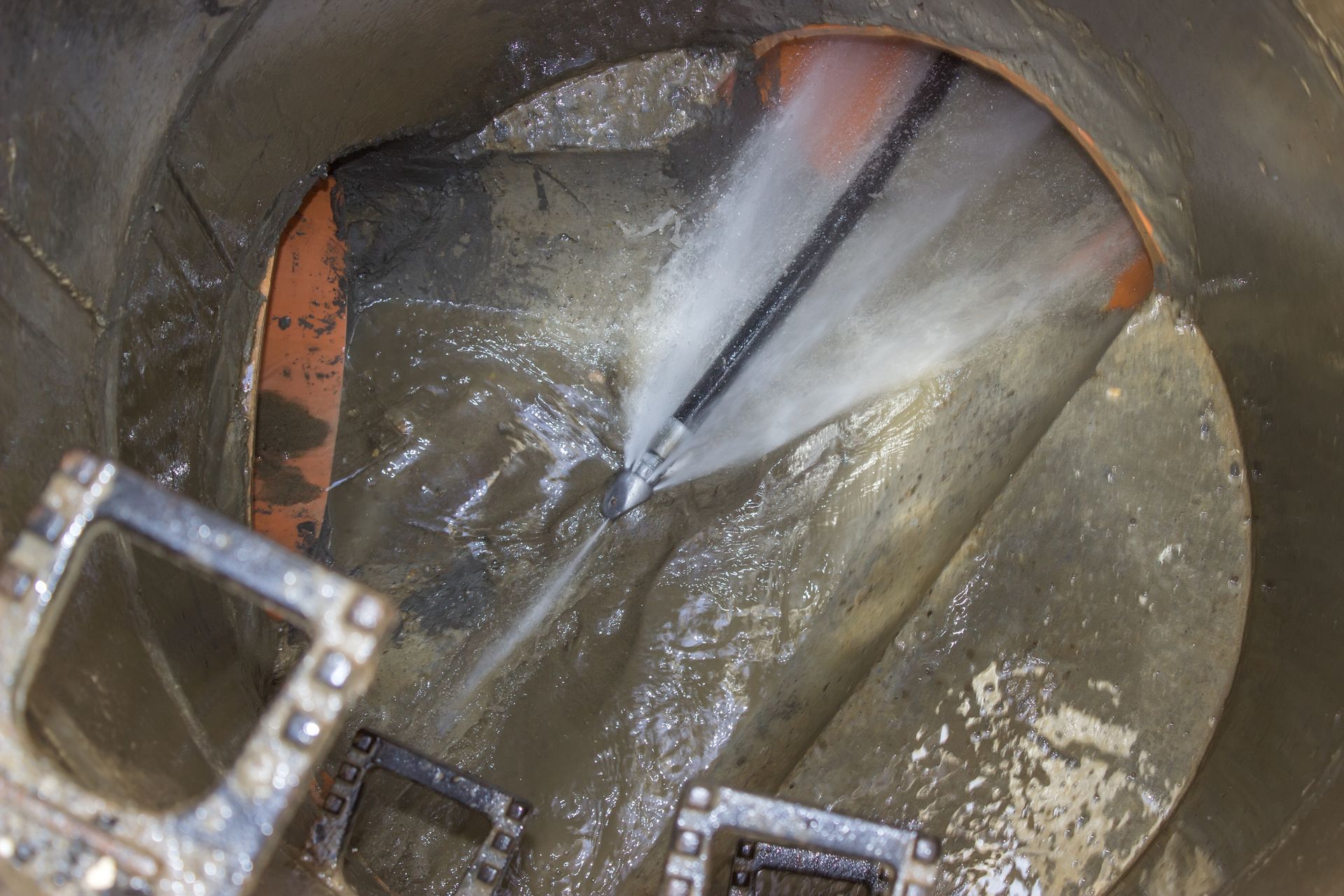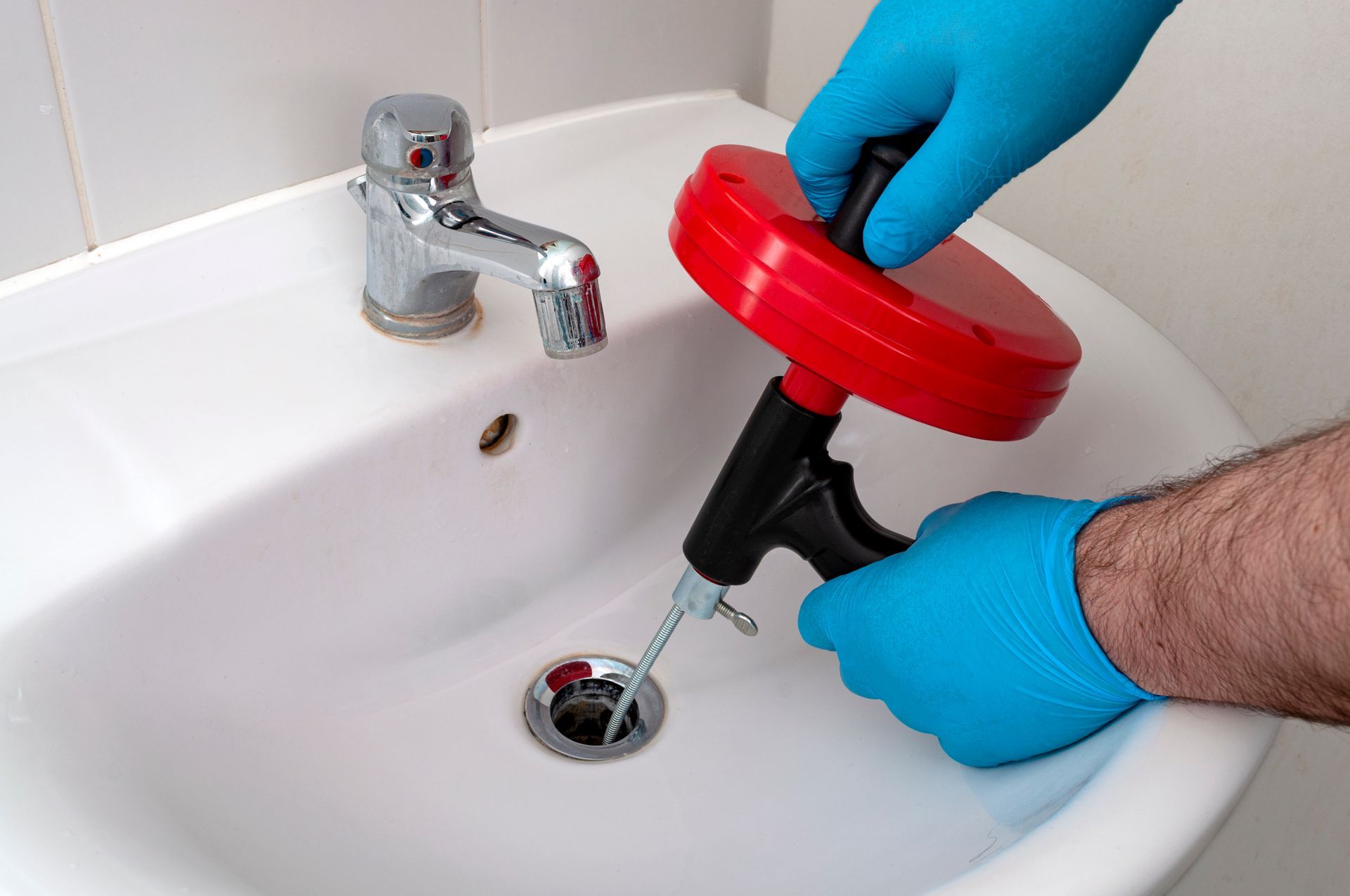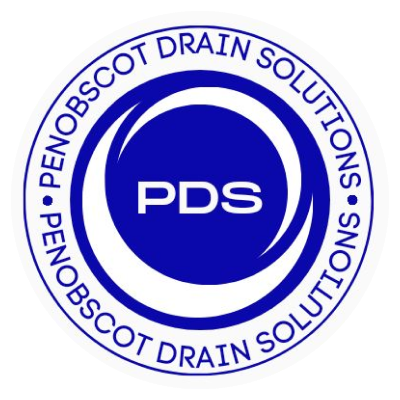And How to Fix Them
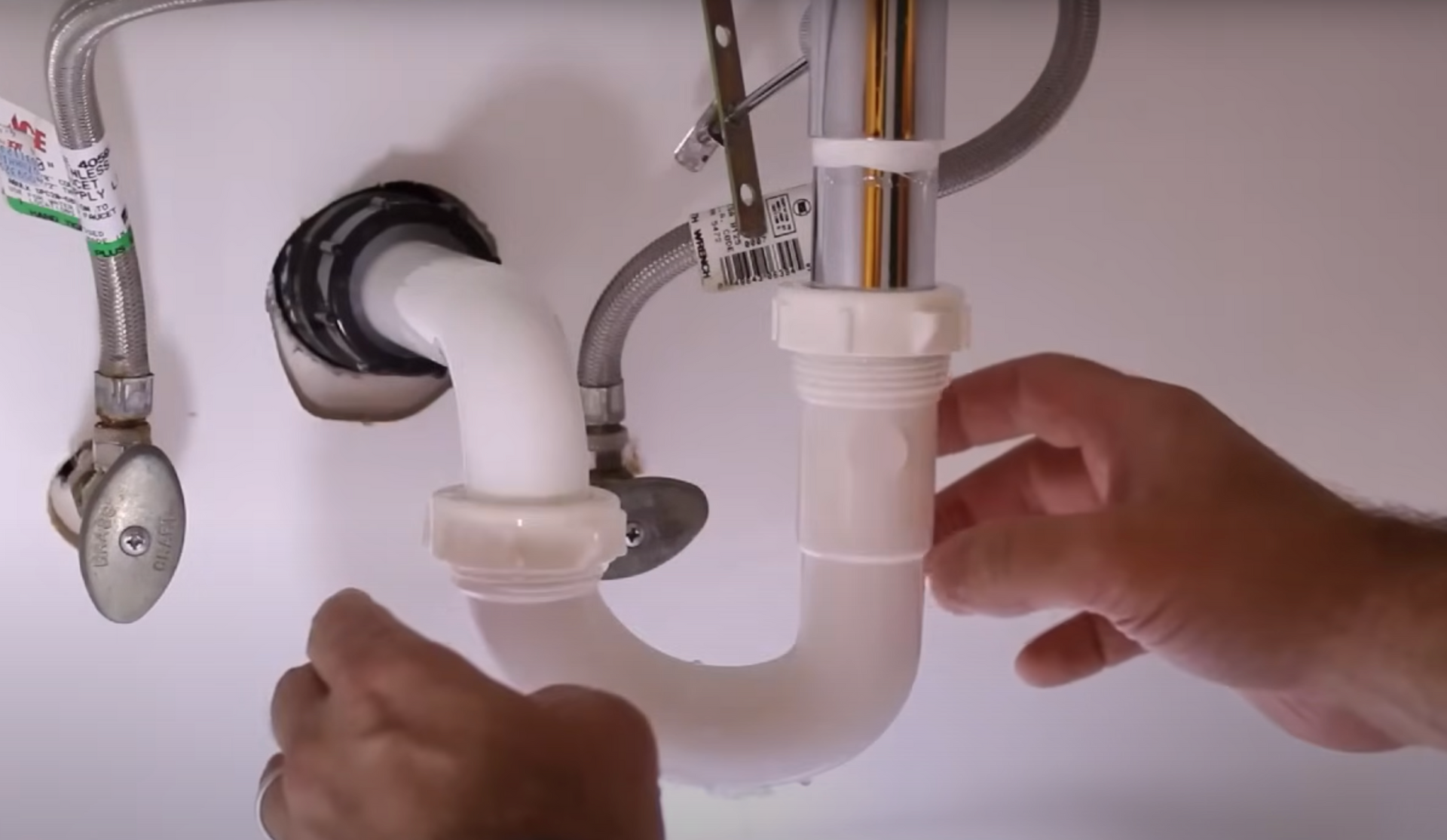
We’ve all been there—standing ankle-deep in water during a shower or watching the sink drain slower than molasses, wondering, “What’s going on here?” It’s a frustrating problem that seems to pop up at the worst times.
But don’t worry, you’re not alone! We’re here to help you figure out what’s causing the blockage. In this blog, we’ll explore the 10 most common causes of clogged drains and, more importantly, how to fix them yourself.
So, grab your plunger, and let’s get those drains flowing smoothly again!
Top 10 Common Causes of Household Drain Blockages
1. Fats, Oils, and Grease
You know that leftover bacon grease or cooking oil you just poured down the drain? We’ve all been guilty of it at some point. But here's the thing: as harmless as it seems, these greasy substances are notorious for sticking to your pipes like glue. Over time, they team up with other debris, turning into stubborn clogs that are a pain to deal with. A simple fix? Instead of sending them down the drain, let them cool and toss them in the trash.
2. Food Scraps
It’s easy to think your garbage disposal can handle anything, but the truth is, some things just don’t go down the drain. Coffee grounds, eggshells, pasta, and fibrous veggies are prime examples—they can cause major blockages over time. Instead of tossing them in the sink, scrape leftover food into a compost bin or the trash. Composting is a great way to recycle organic waste and keep those stubborn scraps out of your pipes. If composting isn’t an option, use a sink strainer to catch food particles and regularly clean it out.
3. Hair
Hair—whether it's yours or your pet’s—it can cause clogged drains. It combines with grease and other sticky substances in pipes, creating clogs. Here’s a simple fix: install drain covers in your shower and bathtub to catch hair before it goes down the drain. If you have pets, try bathing them outside to keep their fur out of your pipes.
4. Tree Roots
If you’re noticing that multiple drains are clogged at the same time, there might be a hidden issue with your sewer line, and tree roots could be to blame. These roots can sneak into tiny cracks or leaks in your pipes, and as they grow, they can cause blockages or even damage them. To solve minor tree root issues, hydro jet cleaning can be really effective. To prevent these problems, make sure to plant trees and large shrubs far from your underground pipes.
5. Soap
You might not realize it, but the soap we use daily can contribute to blockages. Many bar soaps contain animal fats. When these fats mix with the minerals in your water, they form a pesky residue known as soap scum. Over time, this soap scum can build up in your pipes and lead to blockages.
So, what's the fix? If you’re noticing soap scum build-up, it might be time to consider a switch. Liquid soaps or bars made without animal fats are less likely to leave behind that troublesome scum. Regularly cleaning your drains with baking soda and vinegar can also help keep those pipes flowing smoothly.
6. Mineral Buildup
If you have hard water, you might be dealing with mineral buildup in your pipes. Hard water is high in calcium, magnesium, and other minerals, which can stick to the insides of your pipes over time, leading to clogs. Hydrojetting is an excellent solution for this—it uses high-pressure water to clear out mineral deposits and other blockages. Also, installing a water softener can help prevent future issues by reducing the amount of minerals in your water.
7. “Flushable” Wipes
You might think “flushable” wipes are okay to toss in the toilet, but they can lead to serious clogs. Baby wipes, makeup wipes, and even those labeled “flushable” don’t break down like toilet paper. Instead, they can create stubborn blockages in your pipes, toilets, and even the municipal sewer system.
Here’s the best approach: always throw these wipes in the trash instead of flushing them. This simple habit can prevent messy clogs and costly plumbing issues.
8. Foreign Objects
If you’ve ever had a toy or other small item in the toilet or bathtub, you’re not alone—especially if you have kids! Even things that seem small enough to pass through can get stuck in your pipes, leading to clogs and blockages. To avoid these issues, install drain covers on your sinks, showers, and bathtubs. These covers catch stray items before they can cause problems in your pipes.
9. Flushing Trash
It might be tempting to use your toilet as a trash can, but doing so can lead to big problems. Flushing things like diapers, paper towels, or feminine hygiene products can quickly cause clogs and backups in your pipes.
To avoid these issues, only flush human waste and a small amount of toilet paper. Keep a trash can handy next to the toilet for everything else. By following this simple rule, you’ll help keep your drains clear and avoid costly repairs.
10. Dirt
Ever notice your drains getting slow or clogged even though you’re careful about what goes down them? Dirt might be the reason! When you wash off dirt in your sink or shower, it can build up in your pipes and mix with hair, soap, and grease, causing blockages. To keep your drains flowing smoothly, try to rinse off excess dirt outside before bringing your clothes or yourself indoors.
Quick and Easy DIY Fixes for Clogged Drains
Clogged drains can be a hassle, but before you call in the pros, you can try some simple DIY tricks to get things flowing again. Here’s a rundown of effective methods for dealing with minor clogs:
1. Homemade Drain Cleaners: Sometimes, a mix of baking soda and vinegar can work wonders. Just pour a cup of baking soda down the drain, followed by a cup of vinegar. Let it sit for 15 minutes, then flush with hot water.
2. Use a Plunger:
This is a classic for a reason! Make sure you get a good seal around the drain, then plunge away to loosen the clog.
3. Hanger Trick:
A wire hanger can be your best friend in the fight against clogs. Straighten out a hanger, create a small hook at the end, and gently fish out any visible debris.
4. Boiling Water: Pouring boiling water over greasy clogs can help dissolve the buildup. Just be careful if you have PVC pipes—extreme heat might damage them.
5. Dish Soap and Hot Water: Pouring dish soap down the drain, followed by hot water, can help break up greasy clogs.
7. Chemical Uncloggers:
While they might seem like a quick fix, chemical drain cleaners can damage your pipes and are dangerous for kids and pets. If possible, avoid them.
Dealing with drain issues can be frustrating, but knowing the common causes and some DIY fixes can make a big difference. Understanding these issues helps you keep your drains clear and flowing smoothly, whether it's grease, food scraps, or hair.
If you try these tips and still run into trouble, or if you’d rather leave it to the pros,
Penobscot Drain Solutions
is here to help. Whether you’re in Stetson, Maine, or anywhere within a 30-minute drive of Bangor, we’re ready to assist with
plumbing and
drain cleaning services. Our services include
sewer jetting and
sewer camera inspections to address deeper issues.
Just give us a call at
207-217-7473.
Let’s get those drains running perfectly again!
